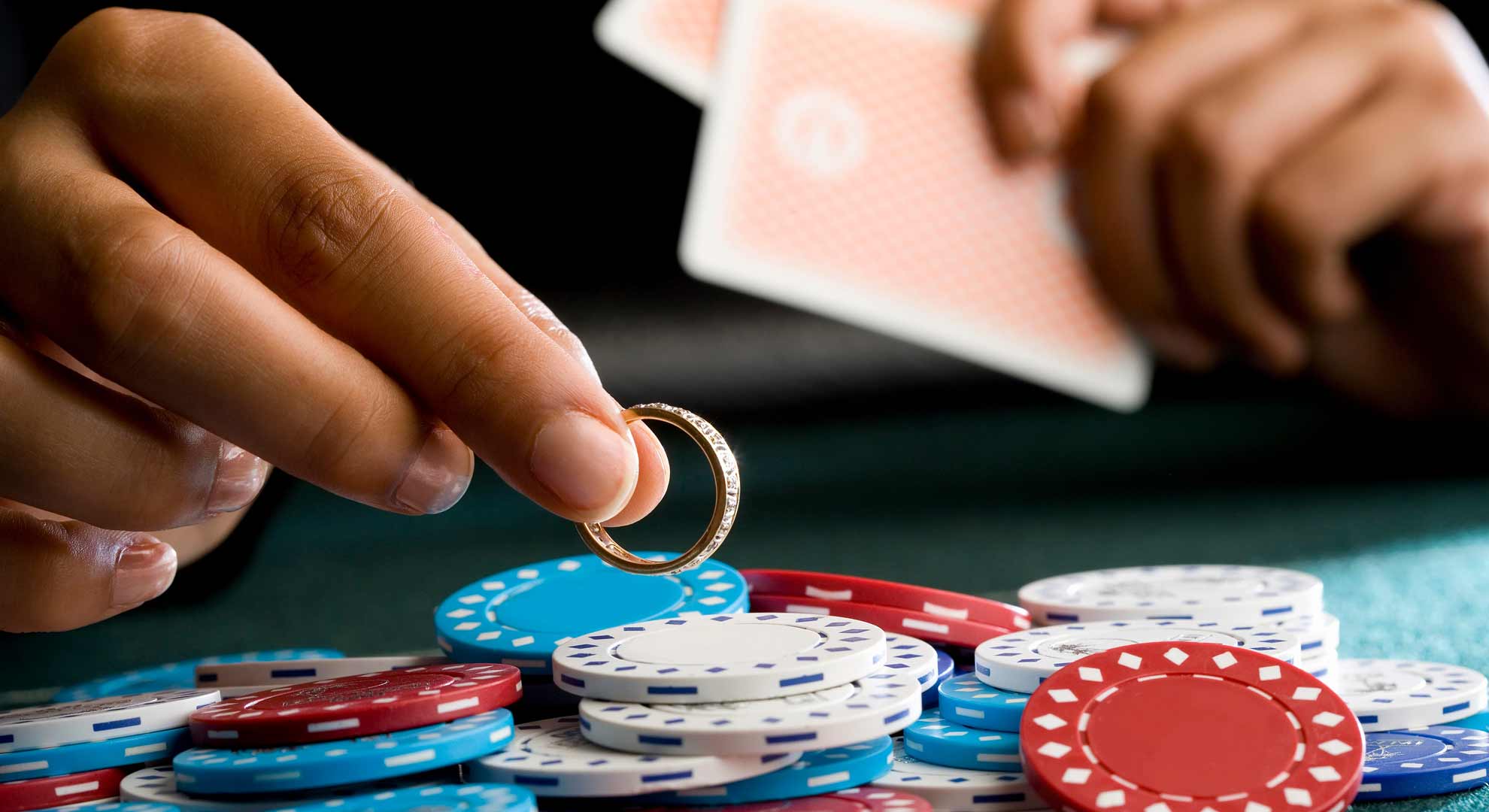The Forgotten Gods of Gambling in History
The Forgotten Gods of Gambling in History
From the dawn of civilization, humanity has been captivated by the unpredictable dance of chance and the allure of luck. What might seem like a mere pastime today—gambling—was, for millennia, an activity deeply intertwined with religious rituals, cosmic beliefs, and the very fabric of society. Ancient cultures didn't just play games for entertainment; they often sought divine intervention, interpreting outcomes as messages from the gods or attempts to influence destiny itself. While modern gambling has largely shed its sacred skin, a rich pantheon of forgotten deities once presided over the dice rolls, card shuffles, and competitive challenges, embodying the hopes, fears, and profound superstitions of their worshipers. These forgotten gods of gambling offer a fascinating glimpse into humanity's enduring fascination with fortune and the divine.
In the classical world, the concept of fate and fortune was paramount, and the gods were intimately involved in its distribution. In Greek mythology, the very division of the cosmos was decided by a game of chance among the Olympian brothers: Zeus claimed the sky, Poseidon the sea, and Hades the underworld, all by drawing lots. While no single "god of gambling" existed in the direct sense, several deities indirectly held sway. Hermes, the swift messenger of the gods, known for his cunning, trickery, and ability to traverse boundaries, was often invoked by those seeking quick wit and sudden fortune—qualities highly valued by ancient gamblers. His Roman counterpart, Mercury, shared similar attributes. More directly, the goddess Tyche (Greek) or Fortuna (Roman), often depicted blindfolded and holding a cornucopia or a rudder, represented the arbitrary nature of luck and fate. She was worshipped by countless individuals hoping for a turn of good fortune, her presence a constant reminder that success or failure in any endeavor, including games of chance, was ultimately beyond human control.
Moving to the sophisticated civilization of ancient Egypt, we find Thoth, the god of wisdom, writing, and the moon, playing a pivotal role in a myth involving cosmic gambling. Legend has it that Thoth played a game of Senet, an ancient Egyptian board game, with Khonsu, the moon god. Thoth won five extra days for Nut, the sky goddess, allowing her to bear children who would become significant deities. This narrative highlights gambling not just as a recreational activity but as an act with profound cosmic implications, capable of altering the very structure of time and divine lineage. While not a patron of human gamblers, Thoth's story illustrates the profound, almost sacred, context within which games of chance were sometimes understood.
Across the rugged landscapes of Norse and Celtic lands, the relationship between divinity and chance was less about specific gambling gods and more about the overarching power of fate. The Norns—Urd, Verdandi, and Skuld—were the Norse goddesses who wove the tapestry of destiny for gods and mortals alike. While they didn't oversee dice games, their inescapable influence on outcomes meant that any venture, including a game of chance, was ultimately subject to their immutable will. For the Celts, deities associated with prosperity, war, and the seasons, like the Dagda, could be invoked for general good fortune, which might include success in competitive games or wagers. The capricious nature of figures like Loki, the Norse trickster god, also mirrored the unpredictable highs and lows experienced by those who embraced risk.
In the vast and diverse cultures of Asia, the emphasis on deities of wealth and prosperity often intertwined with the pursuit of fortune through games. In China, Caishen, the God of Wealth, is one of the most revered figures, invoked by countless individuals hoping for financial prosperity and good fortune. While not specifically a "gambling god," his blessing is sought by many who engage in games of chance, believing his favor can lead to immense riches. Similarly, in Hindu mythology, Lakshmi, the goddess of wealth, prosperity, and fortune, is widely worshipped. Her blessings are sought for success in all ventures, including those involving financial risk and luck. In Japan, the Seven Lucky Gods (Shichifukujin), including Daikokuten and Ebisu, bring good fortune and prosperity, indirectly influencing the outcome of games for those who seek their favor.
The universal human desire to influence destiny, to tilt the odds in one's favor, is a thread that connects these ancient beliefs to modern gambling. While the ritualistic aspects have largely faded, replaced by secular entertainment and economic motivations, the thrill of chance and the hope for a lucky break remain constant. The ancient gods, though forgotten by many today, remind us that gambling was once a profound engagement with the unknown, a way to test fate, or even to commune with the divine. From ancient dice rolls found in archaeological digs to today's sophisticated online platforms, the essence of the game endures. For those interested in exploring how the thrill of chance has evolved and become accessible in the digital age, platforms like m88 casino login register online offer a contemporary experience, a far cry from the sacred rituals of antiquity, yet driven by the same human longing for fortune.
In conclusion, the forgotten gods of gambling reveal a rich tapestry of human history where fate, fortune, and divinity were intricately intertwined. They were not merely figures of myth but powerful forces believed to dictate the outcomes of life's unpredictable moments. From the cosmic dice game of the Olympians to the Senet board of Thoth, these deities underscore that the appeal of games of chance is not merely about winning money, but about tapping into deeper cosmic forces, a legacy that continues to shape our understanding of luck and destiny in an ever-changing world. Their stories serve as a powerful reminder of how deeply ingrained the human fascination with risk and reward truly is, a fascination that transcends eras and cultures, connecting us to our ancient ancestors who also sought to understand, or perhaps even control, the whims of fortune.
tag: M88,



